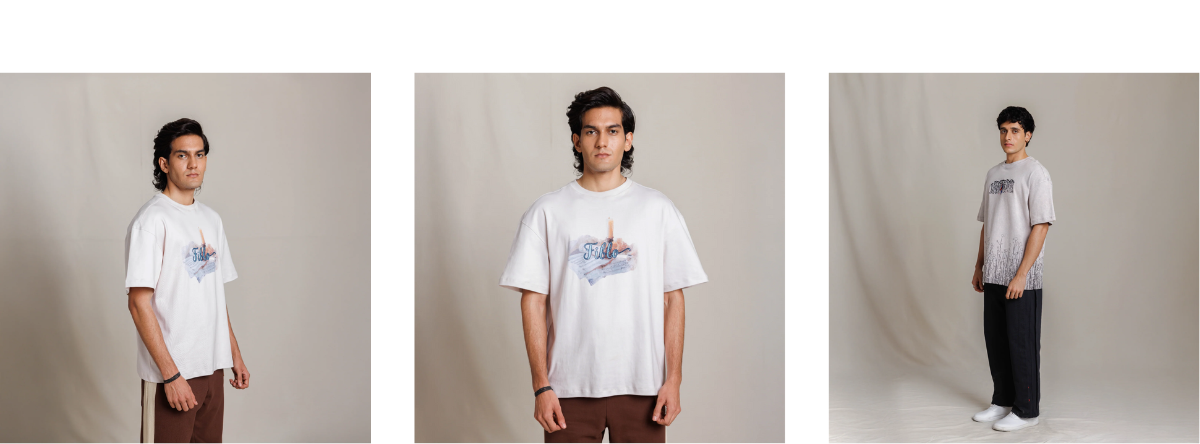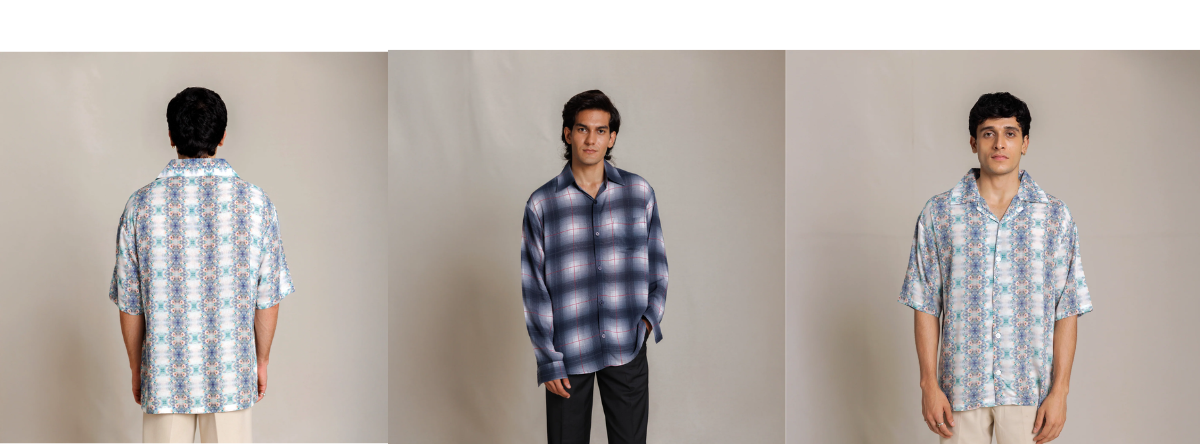Article: Luxury Clothing Brands That Blend Tradition with Sustainability

Luxury Clothing Brands That Blend Tradition with Sustainability
Luxury fashion has always been associated with heritage, craftsmanship, and exclusivity. In today’s world, where conscious consumerism is shaping industries, luxury clothing brands are finding innovative ways to preserve their traditions while embracing sustainability. Customers now seek not only style but also ethical practices from a fashion brand company.
Brands like Fiblo are redefining luxury by combining timeless design elements with eco-friendly processes. From sustainable fabrics to ethical production, the new era of fashion celebrates elegance without compromising responsibility. This shift marks the rise of luxury brands that are both environmentally aware and deeply rooted in tradition.
The Rise of Sustainable Luxury
Luxury fashion has always valued craftsmanship and long-lasting quality, making it easier for these brands to adopt sustainable practices. Unlike fast fashion, which prioritizes volume, luxury clothing brands focus on durability, artistry, and authenticity. Today, sustainability has become an added layer of value, ensuring that garments are not just beautiful but also environmentally conscious.

Why Tradition Still Matters
Many heritage clothing brands are centuries old, built on artistry passed down through generations. Their signature techniques—whether hand embroidery, bespoke tailoring, or weaving—hold cultural significance. Mens clothing brands like those rooted in Italian tailoring traditions or Indian handloom techniques ensure their legacy lives on while using modern, sustainable methods to minimize waste.
Blending Heritage with Modern Sustainability
Fashion houses now source organic fabrics, use natural dyes, and invest in circular fashion models. For example, several luxury clothing brands have partnered with eco-certification bodies to ensure ethical sourcing. By combining traditional craftsmanship with eco-conscious materials, they appeal to both modern consumers and heritage lovers. Fiblo, as a forward-thinking clothing brand, focuses on crafting premium collections that respect heritage while aligning with global sustainability standards.
Materials That Make a Difference
Luxury brands are exploring fabrics such as organic cotton, hemp, bamboo silk, and recycled fibers. These materials reduce carbon footprints without compromising style. Eco-leather alternatives and plant-based fabrics are being embraced by mens clothing brands that want to offer premium yet sustainable fashion options. Fiblo emphasizes fabric innovation, ensuring every piece reflects both luxury and environmental responsibility.
Ethical Craftsmanship and Fair Trade
Behind every luxurious garment lies skilled craftsmanship. Sustainable fashion ensures artisans receive fair wages and safe working conditions. Many fashion brand companies are now collaborating with rural artisans, reviving traditional crafts while supporting communities. Fiblo, for instance, values artisan empowerment as part of its sustainability journey.

Technology Meets Tradition
Sustainability isn’t only about materials—it’s also about innovation. From AI-powered design processes to 3D sampling, technology reduces waste in the fashion industry. Luxury brands are also adopting blockchain for supply chain transparency. By merging digital innovation with heritage techniques, brands like Fiblo are ensuring that tradition evolves responsibly.
Consumer Shift Toward Sustainable Luxury
Modern consumers are aware of the environmental impact of fashion. They now prefer luxury clothing brands that are transparent, ethical, and eco-conscious. A survey shows that over 60% of Gen Z buyers are willing to pay more for sustainable clothing. By choosing eco-friendly mens clothing brands like Fiblo, they find both luxury and responsibility in one place.
Fiblo: A Step Towards Responsible Luxury
At Fiblo, sustainability isn’t a trend—it’s a philosophy. As a premium fashion brand company, Fiblo crafts collections that honor heritage while embracing eco-friendly practices. From sourcing sustainable fabrics to supporting artisans, Fiblo represents a new-age clothing brand that bridges the gap between timeless tradition and modern responsibility.
The Future of Sustainable Luxury Clothing Brands
The future belongs to brands that respect the planet as much as they respect style. Luxury fashion is evolving to become more inclusive, eco-conscious, and tech-driven. Mens clothing brands and women’s labels alike will continue to balance cultural heritage with modern sustainability. Companies like Fiblo prove that luxury fashion can be both aspirational and ethical.
Conclusion
Luxury fashion is undergoing a transformation where tradition and sustainability are no longer separate but interconnected. By preserving craftsmanship and adopting eco-friendly practices, luxury clothing brands are shaping the future of fashion. Customers now recognize the value of investing in pieces that are timeless, sustainable, and socially responsible.
For those who seek elegance with ethics, Fiblo stands as a shining example of a fashion brand company that bridges heritage and sustainability. The journey of luxury is no longer just about style—it’s about making a positive impact on the world while staying true to tradition.





